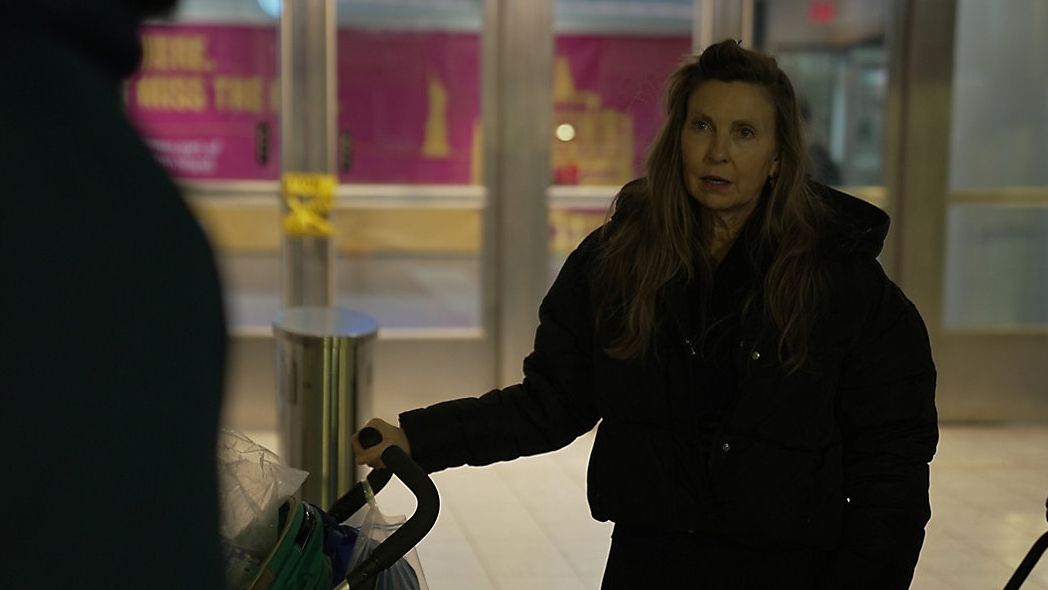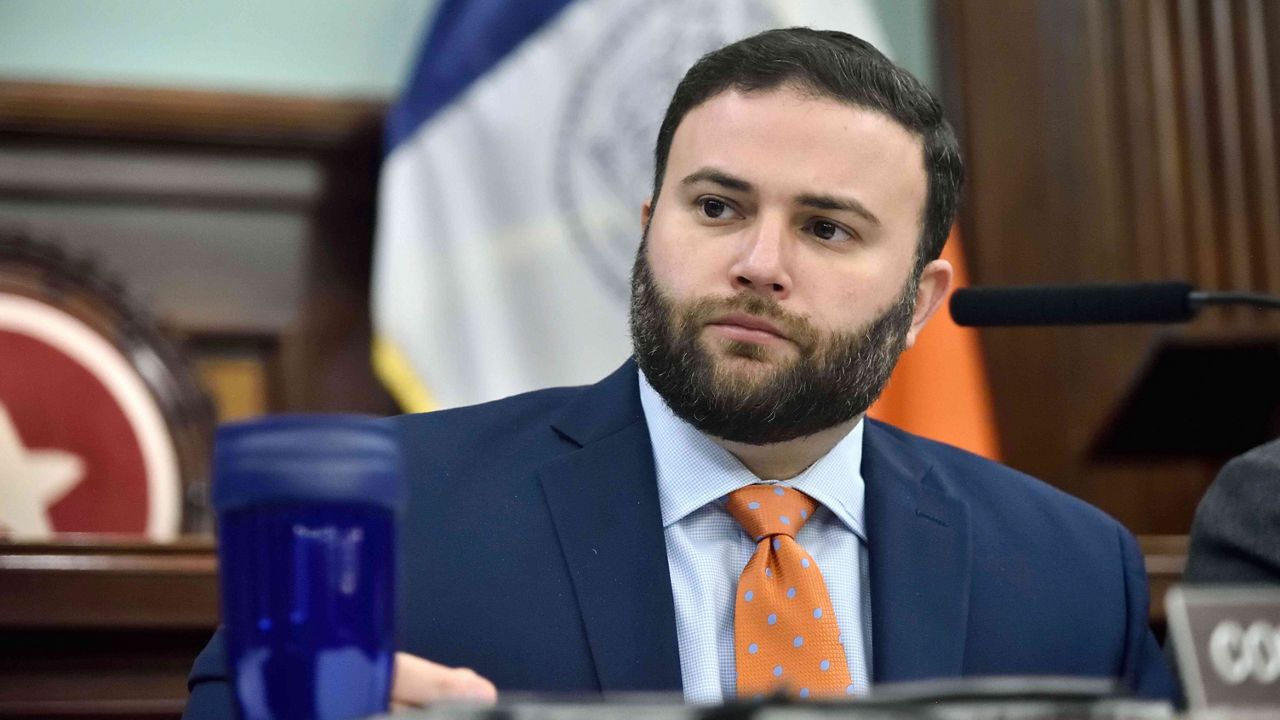In a basement on Staten Island, Vitaly Fomenko is going through his daily workout.
He is going from bench pressing to doing pushups and then to pull-ups. It may seem like a standard workout.
However, it’s anything but that. Fomenko is missing the lower half of his left leg.
What You Need To Know
- Kind Deeds has helped more than 50 soldiers fighting for Ukraine receive prosthetics
- The process can take months and the nonprofit covers all expenses
- Their ability to help people is dependent on donations, which have been dropping recently
He said a Russian drone blew off part of his foot when he was serving as a soldier in the Ukrainian army last year.
“They brought me to the hospital, and it was already clear they have to amputate,” he said through an interpreter.
Fomenko was not always a soldier. He worked in logistics and more recently as a caretaker for his mom.
But he said he had to care for his country instead when Russia attacked Ukraine more than three years ago.
“This is our responsibility,” he said. “To protect our country, to protect our people, our families.”
That patriotism turned to pain, not just for him but for tens of thousands of soldiers who need prosthetics.
“It’s heartbreaking,” Dmytro Shevchenko said.
Shevchenko helps run the nonprofit Kind Deeds, which aims to help soldiers fighting for Ukraine come to New York City for prosthetics.
“Living in the comfort of the United States, safe from the war, I think it was the only choice we had,” he said.
Hennadii Dehtyar is among those they’re helping. The finance executive turned soldier lost his leg in the war almost a year and a half ago.
“I actually had an unsuccessful experience getting a prosthetic in Ukraine,” he said.
That’s why he applied to get assistance through Kind Deeds. That’s why he goes to Staten Island University Hospital at least weekly for physical therapy, with his new prosthetic for his right leg.
“I want to come back to normal. Real life,” he said. “This is why I’m trying my best to use it, train, as I was before the war.”
And after weeks of work, the difference amazes his physical therapist, Rebecca Gonzalez.
“When we first started, he wasn’t shifting weight onto that prosthetic side to where now you can barely tell he has an artificial leg on the one side,” she said. “He’s sort of walking normal like anyone else would down the street.”
Inside Dehtyar and Fomenko’s Staten Island home is a wall with the military patches from around 50 Ukrainian soldiers, who have all been helped by Kind Deeds over the last few years.
“It’s just an amazing feeling,” said Shevchenko.
This work isn’t cheap. The cost for a single soldier can go as high as $70,000.
“The longer the war has gone on, the harder it is for us to continue operating,” he said.
That’s because donations, the only way Kind Deeds get funding, have slowed. It means Kind Deeds can only rent out half this two-family house now, limiting how many people can come.
The waiting list for the nonprofit is more than 70 people long.
“It’s… it’s really hard,” Shevchenko said when asked what is like to turn people away.
He and the Kind Deeds team are preparing for the next group of amputees to arrive next month.
Shevchenko estimates about 40% of the nonprofit’s patients have gone back to fight.
Fomenko said he won’t when he returns home next month. But Dehtyar said to NY1 in Ukrainian “maybe.”
On Friday, Ukrainian President Volodymyr Zelenskyy visited the White House in what turned into a contentious meeting in the Oval Office with President Donald Trump.
The meeting was cut off after the exchange, which was in front of news cameras.
Trump said he didn’t believe the Ukrainian leader was “ready for peace,” after in the past few weeks referring to the president as a dictator.
Meanwhile, Zelenskyy said he would not entertain peace talks with Russia until there are security promises to stop another act of Russian aggression.
For the two soldiers who have lost limbs to defend their land and spoke with NY1 before Friday’s meeting, they said Russia must give back the land it took in order for them to even consider a ceasefire.


_Pkg_Ukrainian_Soldiers_Rehab_SI_CG?wid=320&hei=180&$wide-bg$)






